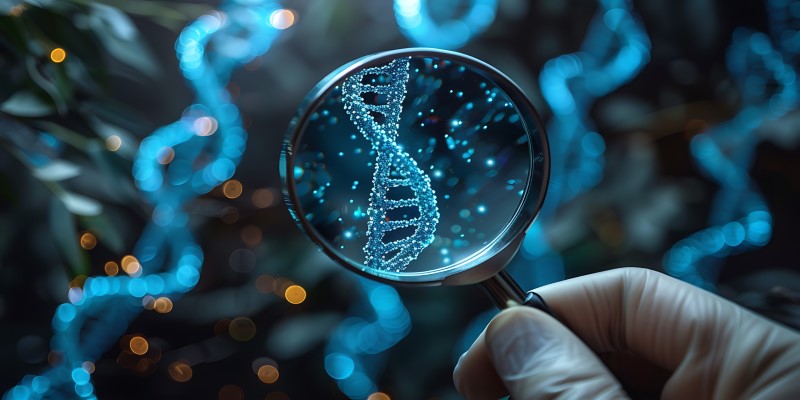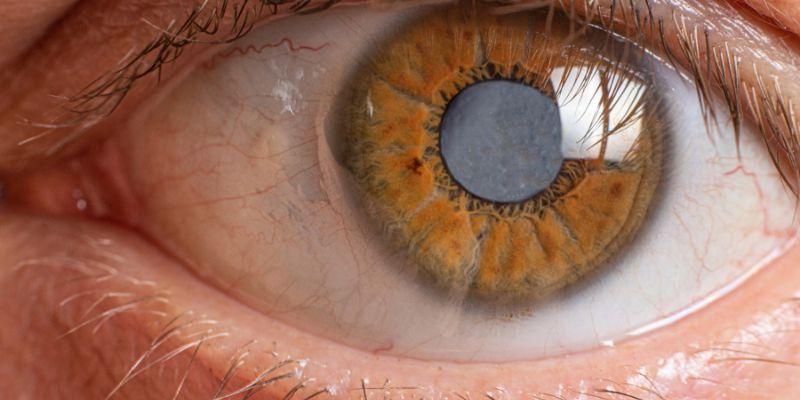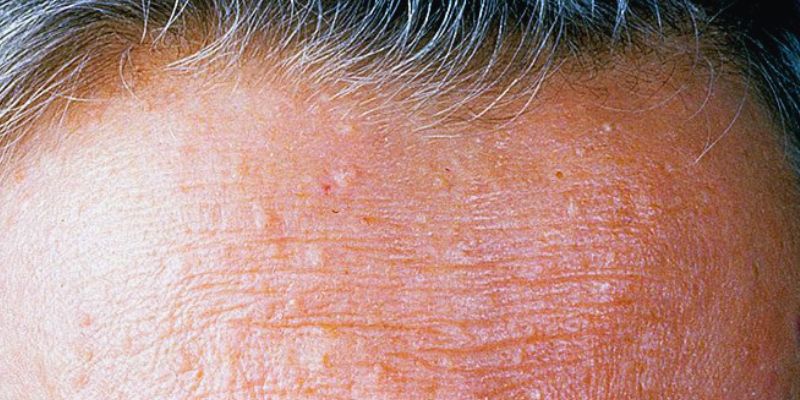Beyond Distraction: A Comprehensive Look at ADHD
Attention-Deficit/Hyperactivity Disorder, or ADHD, is one of those conditions that many people think they understand until it touches their life. Weve all heard the common descriptionskids who cant sit still, adults who forget their keys ten times a day. But ADHD is more than just being fidgety or distracted.
ADHD is a neurodevelopmental condition that affects how people focus, organize their thoughts, and control impulses. It often creates challenges in school, work, and personal relationships. What's surprising is how misunderstood ADHD can be despite being so common. In this article, we'll break down the core symptoms, causes, and treatments to demystify ADHD and explore the reality behind the label.
What Is ADHD?
ADHD, or Attention-Deficit/Hyperactivity Disorder, is a neurodevelopmental condition that impacts brain processes related to focus, impulse control, and executive functioning. Individuals with ADHD often struggle with sustained attention, hyperactivity, and impulsive behaviors, which can affect academic, professional, and social performance.
It affects people of all ages, though symptoms often begin in childhood and can continue into adulthood. ADHD is linked to a combination of genetic, neurological, and environmental factors, but it is not caused by poor parenting or diet. Proper diagnosis, typically made through behavioral assessments, is crucial for effective treatment.
ADHD Symptoms, Causes, and Diagnosis
ADHD, or Attention-Deficit/Hyperactivity Disorder, is a neurodevelopmental disorder that affects both children and adults. Here's an overview of its symptoms, causes, and diagnosis:
Common Symptoms of ADHD
ADHD manifests differently in individuals, but the core symptoms fall into two primary categories: inattention and hyperactivity/impulsivity. Some people exhibit symptoms from both categories, while others may show one more than the other.
Inattention: Individuals with inattentive symptoms may find it difficult to stay focused, follow through on tasks, or organize activities. They may frequently lose items, appear forgetful, or struggle to pay attention to details.
Hyperactivity/Impulsivity: People with hyperactive or impulsive tendencies may feel restless, interrupt others, or act without thinking. This can lead to impulsive decision-making, frequent fidgeting, and difficulty in staying seated for extended periods.
The intensity of symptoms often varies, with some individuals experiencing mild challenges, while others may struggle with significant impairments in daily functioning.
Causes of ADHD
The exact causes of ADHD are not entirely understood, but a combination of genetic, environmental, and neurological factors is believed to contribute to its development.
Genetics: ADHD tends to run in families, suggesting a genetic link. Studies show that children with ADHD are more likely to have a parent or sibling with the condition.

Brain Structure and Function: Research indicates differences in brain structure and activity in individuals with ADHD, particularly in areas related to attention and impulse control. These differences can affect how neurotransmitters, like dopamine, function in the brain.
Environmental Factors: Prenatal exposure to smoking, alcohol, or certain toxins, such as lead, may increase the risk of developing ADHD. Additionally, low birth weight and premature birth have been associated with a higher likelihood of ADHD.
However, it is essential to debunk common myths. ADHD is not caused by excessive sugar intake, too much screen time, or poor parenting, despite these being frequently cited misconceptions.
Diagnosing ADHD
Diagnosing ADHD requires a thorough evaluation by a healthcare professional, typically a pediatrician, psychologist, or psychiatrist. Since there is no single test for ADHD, diagnosis involves collecting information from multiple sources, such as parents, teachers, and direct observation of the individual's behavior in different settings. The criteria for diagnosis often align with guidelines from the Diagnostic and Statistical Manual of Mental Disorders (DSM-5).
For children, symptoms must be present before the age of 12, persist for at least six months, and cause impairment in at least two settings (e.g., home and school). For adults, the symptoms must have been present since childhood and continue to interfere with work, relationships, or daily responsibilities.
Treatment Options for ADHD
There is no "cure" for ADHD, but a range of treatments can help manage symptoms effectively. Treatment plans are often tailored to the individual's needs, and a combination of approaches usually works best.
Behavioral Therapy
Cognitive-behavioral therapy (CBT) and other forms of behavioral interventions are often recommended, especially for children. These therapies help develop better organizational, planning, and social skills. For young children, parent training in behavior management is also encouraged.
Lifestyle Modifications
Creating structured routines, using reminders, and implementing strategies to manage time and organization can greatly assist individuals with ADHD. Regular physical exercise, mindfulness, and proper sleep are also helpful in managing symptoms.

Education and Support
Providing educational accommodations, such as extra time on tests or a quiet work environment, can help children and adults with ADHD succeed in academic and professional settings. Support groups and therapy also play a crucial role in providing emotional and social support.
Can ADHD Be Prevented?
ADHD cannot be fully prevented, as genetic and neurological factors are the primary contributors to its development. However, reducing prenatal risks can lower the likelihood.
Additionally, early detection and intervention in at-risk children can prevent the condition from worsening or leading to secondary complications, such as academic or behavioral issues. Despite these efforts, ADHD remains largely unpreventable due to its complex genetic foundation.
Conclusion
ADHD is more than just a diagnosisit's a different way of navigating life, full of challenges and potential strengths. Whether children learn to focus or adults manage responsibilities, ADHD calls for understanding, patience, and the right support. It's not about changing who someone is but equipping them with the tools they need to thrive.
With proper treatment, structure, and awareness, individuals with ADHD can leverage their unique qualities and live fulfilling lives. ADHD isnt a limitation, but a different way of thinking, offering its own path to success.












